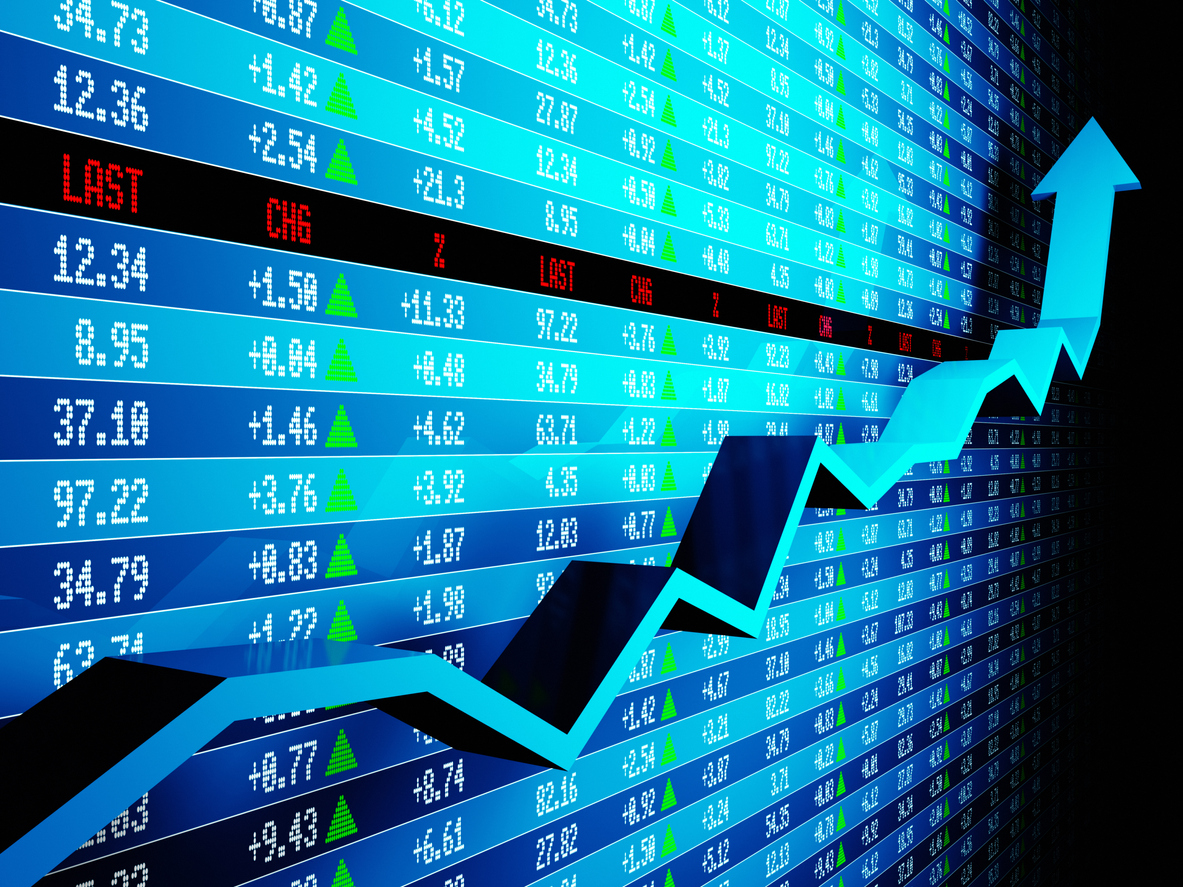
Robotic Trading – Algorithmic Stock Picks
Robotic stock trading, also known as algorithmic trading or algo-trading, is the practice of using computer programs to execute trades in financial markets. This type of trading has become increasingly popular in recent years, as advances in technology have made it possible to process large amounts of data and execute trades quickly and efficiently.
Algorithmic trading involves using computer algorithms to analyze market data, identify patterns and trends, and execute trades based on predefined rules. These rules can be based on technical indicators, such as moving averages and trend lines, or fundamental analysis, which involves analyzing financial statements, economic data, and other factors that can affect the value of a stock.
One of the main advantages of robotic stock trading is its speed. Algorithms can analyze vast amounts of data in real-time, allowing traders to make decisions and execute trades faster than humans ever could. This can be especially useful in fast-moving markets, where split-second decisions can make the difference between a profitable trade and a losing one.
Another benefit of algorithmic trading is its ability to remove emotion from the trading process. Human traders can be influenced by a variety of factors, such as fear, greed, and overconfidence, which can lead to irrational decision-making and poor trading outcomes. Algorithms, on the other hand, are programmed to follow a set of rules and execute trades based on objective criteria, without being swayed by emotions or biases.
However, like any trading strategy, algorithmic trading comes with its own set of risks and challenges. One of the main risks is the possibility of unexpected events, such as market crashes or sudden price movements, that can cause algorithms to malfunction or make incorrect trading decisions. Another challenge is the need to continually refine and update algorithms to adapt to changing market conditions and new data.
In addition, there is also the risk of over-reliance on algorithms, which can lead to a lack of human oversight and accountability. While algorithms can be incredibly effective at processing data and executing trades, they cannot replace the intuition, creativity, and judgement of human traders. Nevertheless, here are some examples of successful algo trading programs:
Renaissance Technologies: This hedge fund, founded by mathematician James Simons, is known for its highly successful algo trading program. Renaissance’s flagship fund, Medallion, has produced average annual returns of over 35% since 1988, making it one of the most successful hedge funds of all time.
Two Sigma: Founded by former D.E. Shaw employees David Siegel and John Overdeck, Two Sigma is another highly successful hedge fund that uses algo trading to generate returns. The firm has over $58 billion in assets under management and has produced impressive returns over the years.
Bridgewater Associates: Bridgewater is one of the largest hedge funds in the world and is known for its use of technology and data analysis in its trading strategies. The firm’s Pure Alpha fund, which uses algo trading to make investment decisions, has produced annualized returns of around 12% over the past decade.
Point72 Asset Management: Point72, founded by hedge fund manager Steven Cohen, uses a combination of human and machine intelligence in its trading strategies. The firm’s flagship fund, Point72, has produced annualized returns of around 16% since its inception in 2014.
Jane Street: This quantitative trading firm uses algo trading to make markets in a wide range of financial instruments, including equities, bonds, and currencies. The firm has over 1,500 employees and has been consistently profitable over the years.
These are just a few examples of successful algo trading programs, and there are many other firms and funds that have achieved impressive results using similar strategies. However, it’s important to note that past performance is not necessarily indicative of future results, and there is always a risk of losses when investing in the stock market.














